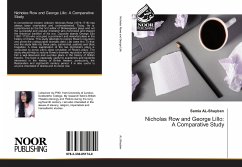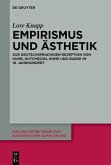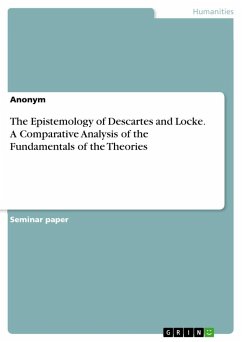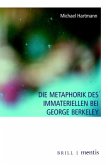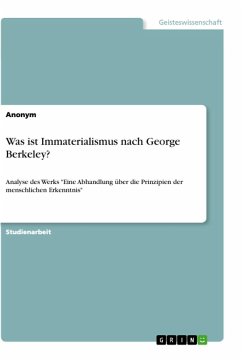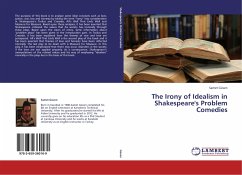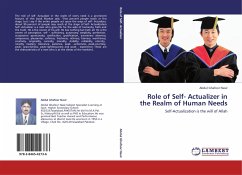In conventional modern criticism, Nicholas Rowe (1674-1718) has always been overlooked and underestimated. Today, he is remembered as the the first editor of Shakespeare plays and not the successful and popular dramatist who dominated and shaped the theatrical tradition of his era. Opposite stands George Lillo (1691-1739) who occupied a prominent and immortal place in the history of drama. This study attempts to restore Rowe's reputation and prove the undisputable dramatic debt, Lillo owes him. To that end the study falls into three parts, patriarchal, patriotic and Stoic tragedies. A close examination of the two dramatist's plays is conducted to prove Lillo's close emulation of Rowe's plays. The study should help to restore Rowe's dramatic reputation and grant him a well-deserved and overdue place in the history of British theatre. The book is especially useful to academics and students interested in the history of British theatre, particularly, the Restoration and eighteenth century period. It is also useful to anyone interested in drama and its moral role.

